2.) The short boy.
3.) She is blue-eyed.
4.) She's Down syndrome.
5.) The blind lady.
6.) He is deaf.
7.) The European guy.
One of these sentences is not like the others; it's not grammatically correct and it is incorrect in its usage and description.
That sentence, of course, is any variation of "she's Down syndrome/she's Downs/she is Down syndrome."
(This isn't about People First Language either: Putting the person before the diagnosis. Saying "people with Down syndrome" instead of "Down syndrome people." Because saying "She is Down syndrome." IS putting the person first).
So why is it ok to say "She's blond. She's blind. She's European." but it's NOT ok to say "She's Down syndrome."?
Because all of those other words are descriptors. They are adjectives.
Down syndrome is not an adjective. The word syndrome by itself is not an adjective either. They are nouns.
Yes, Kayla is blond, no, she is NOT Down syndrome. She isn't a group of symptoms. She isn't her diagnosis. She HAS Down syndrome and there is a difference.
You don't say "She's cerebral palsy. She's Crohn's. She's Lou Gehrig's Disease. He's spina bifida." and you don't say, "She's Down syndrome."
You describe people by their hair color, eye color, weight, height, personality, ethnicity because those are descriptors we all have. There is no box to check off Down syndrome or non-Down syndrome.
You don't describe people as their medical diagnosis. You don't say "She's Down syndrome." What does that even mean? She's not of this human race? Is that another category of the human race? It implies some kind of other-ness.
Down syndrome isn't an adjective and shouldn't be used as such.
She's Kayla. She's my blond, straight-haired, blue-eyed, strong-willed, opinionated, lovable, friendly daughter.
She has a medical diagnosis of Down syndrome.


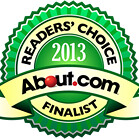
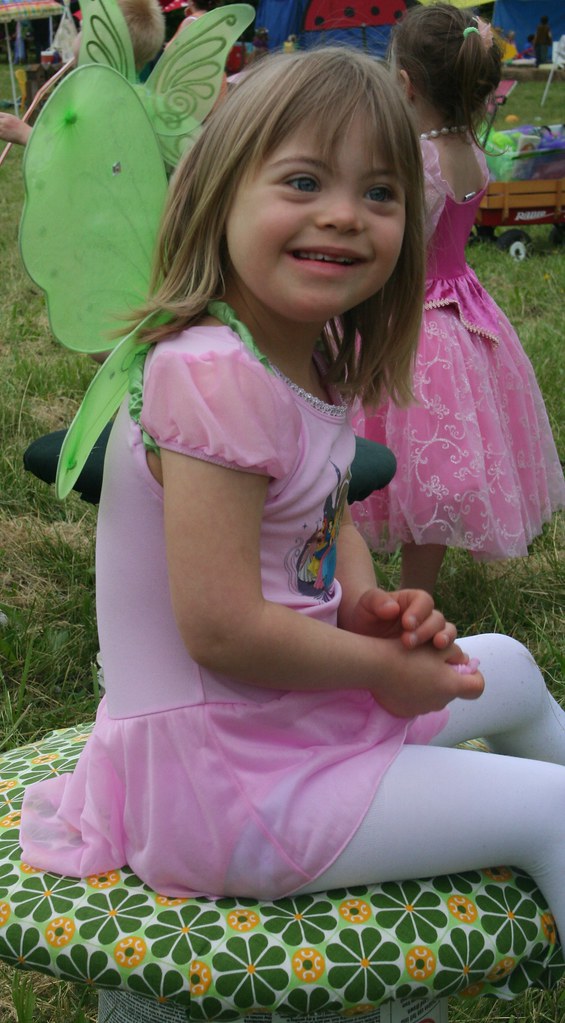

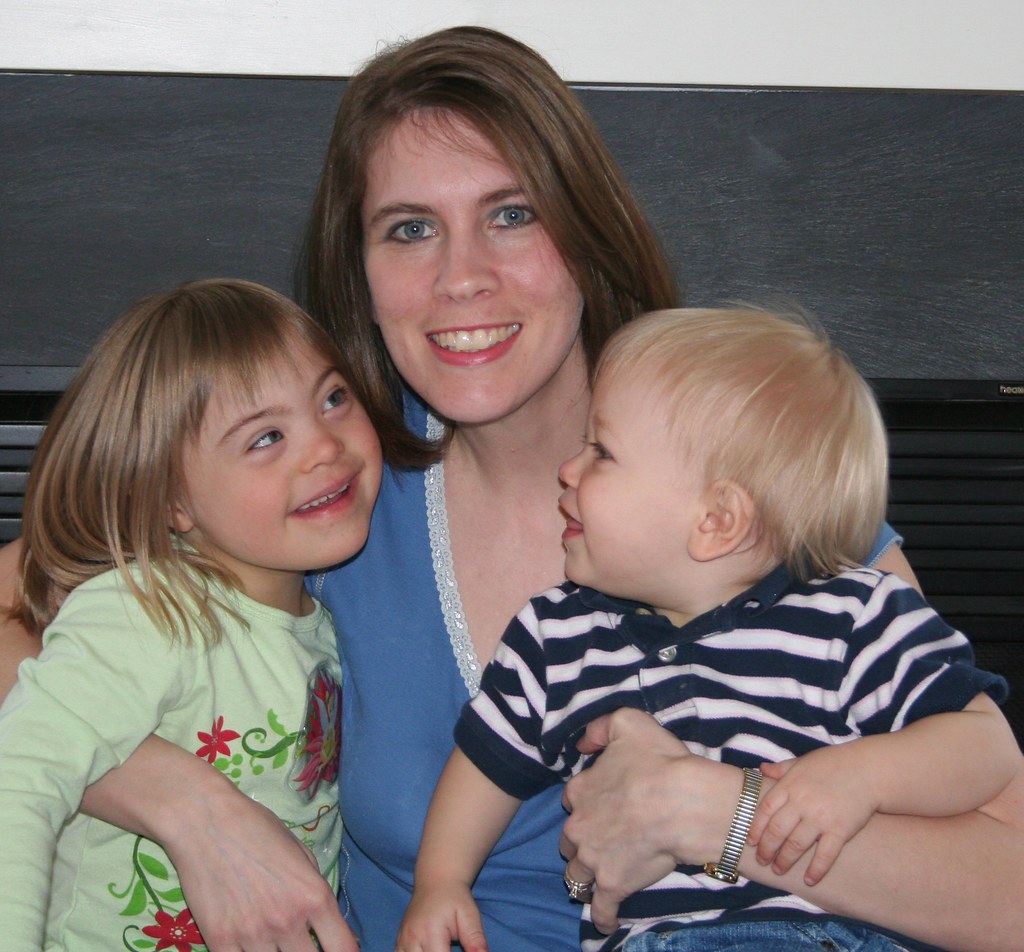
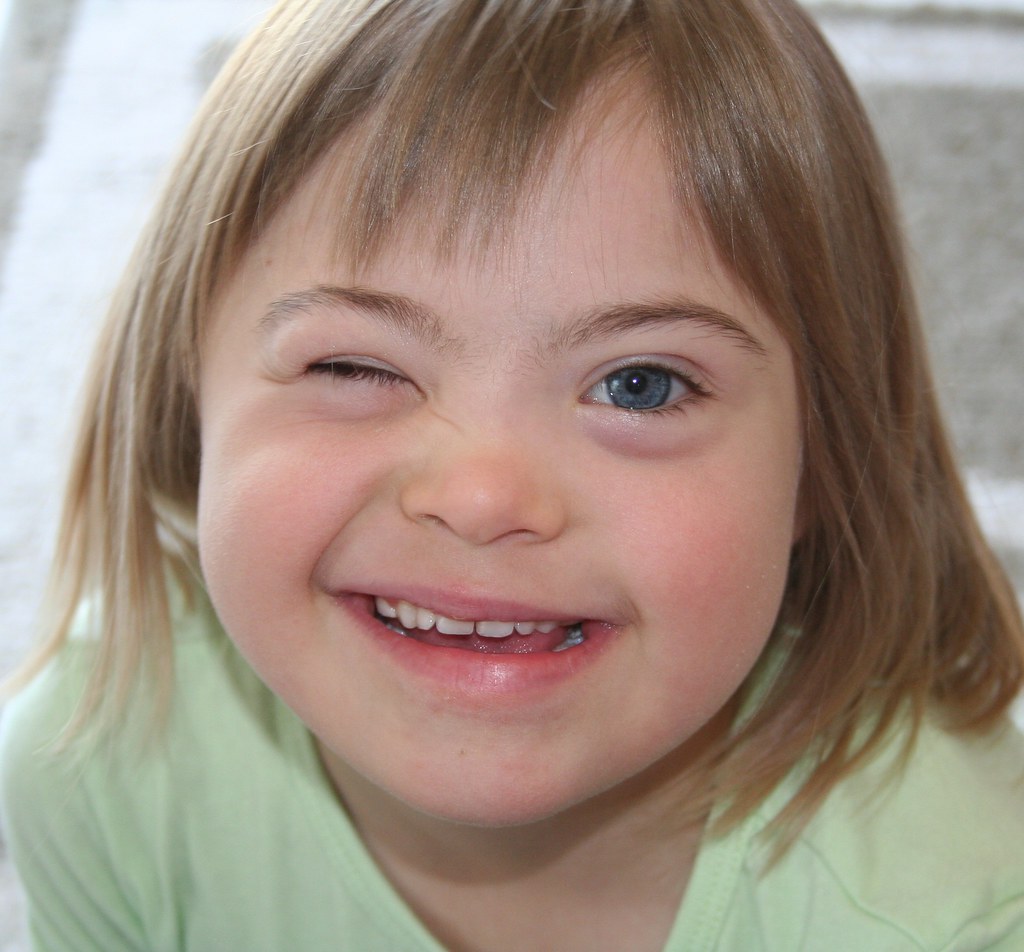
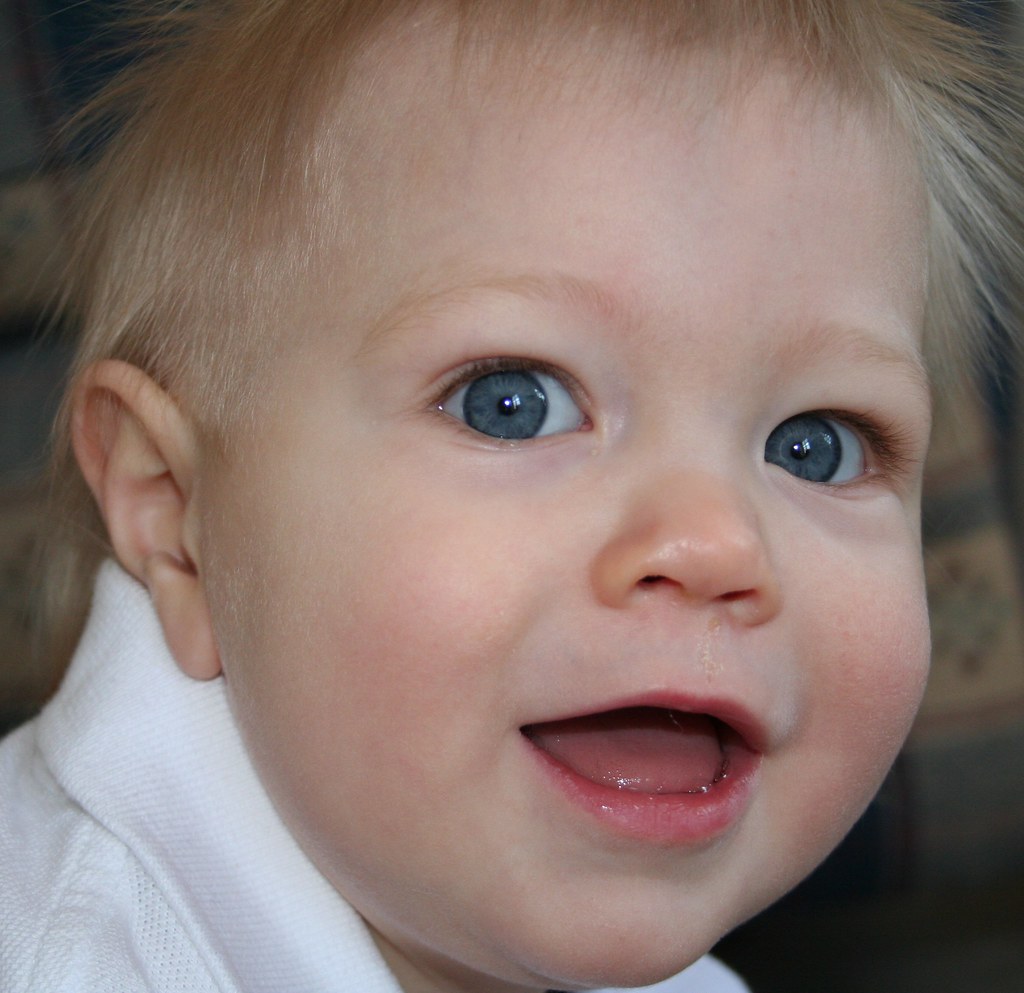
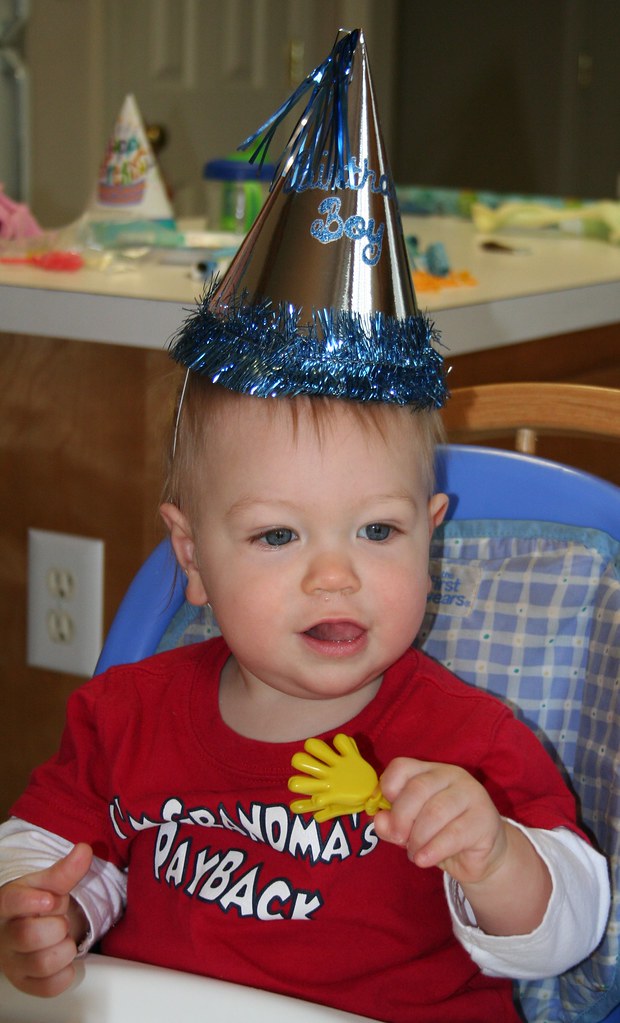
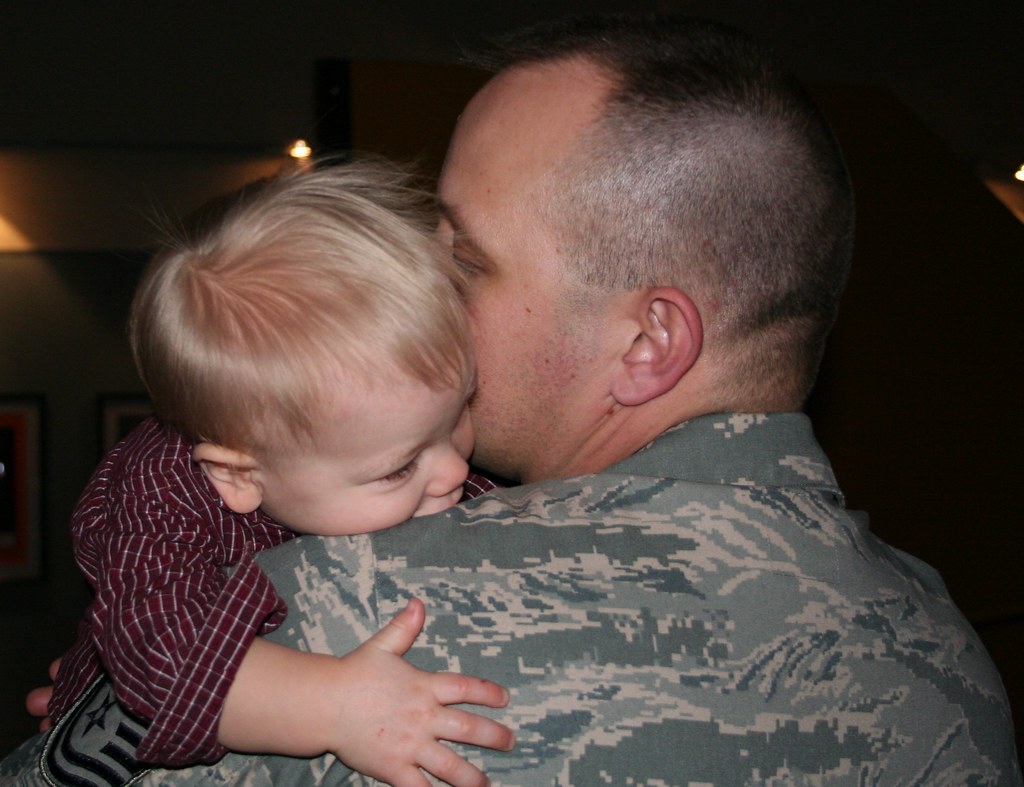

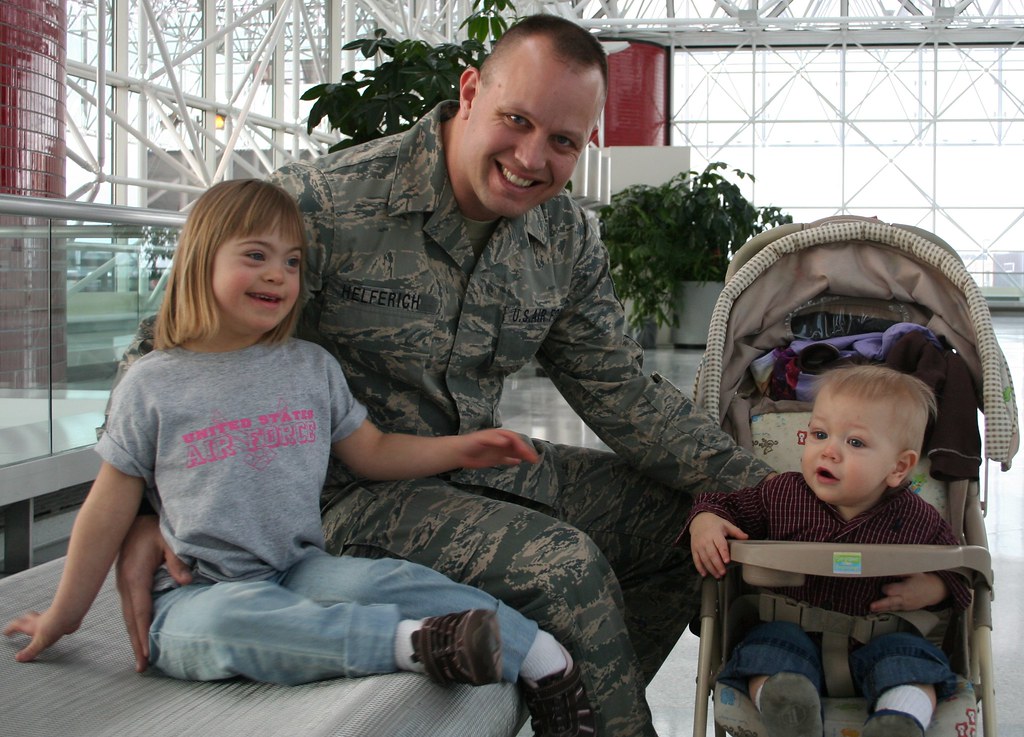
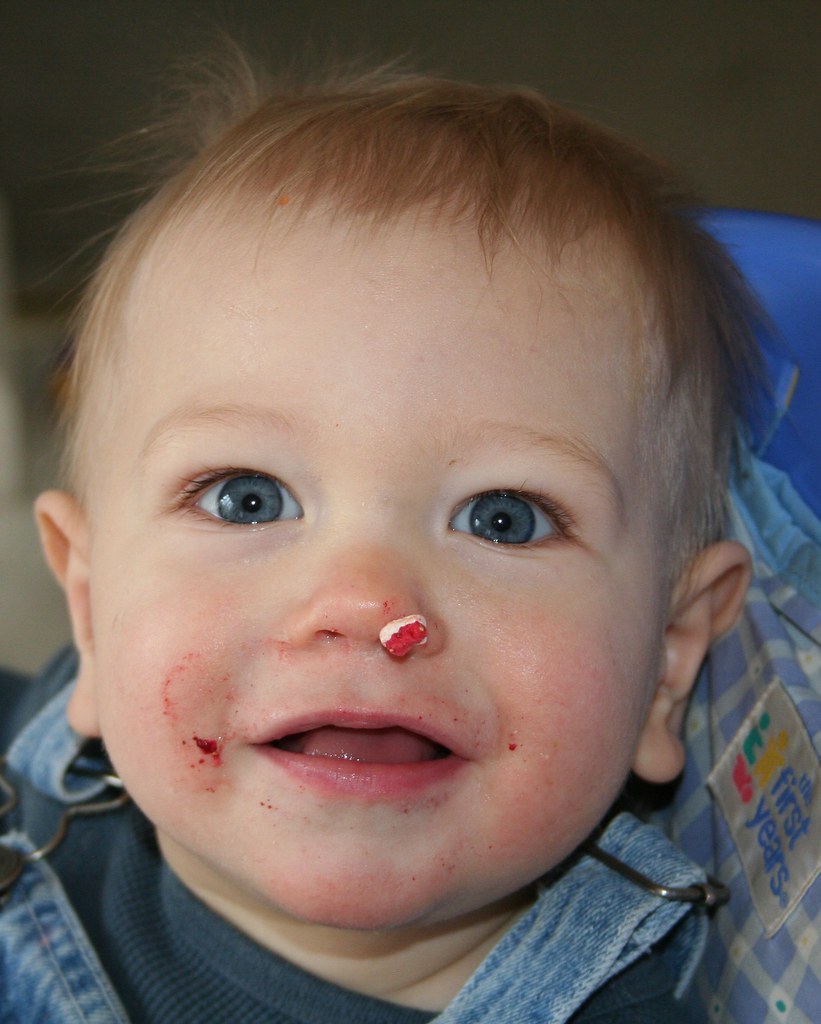
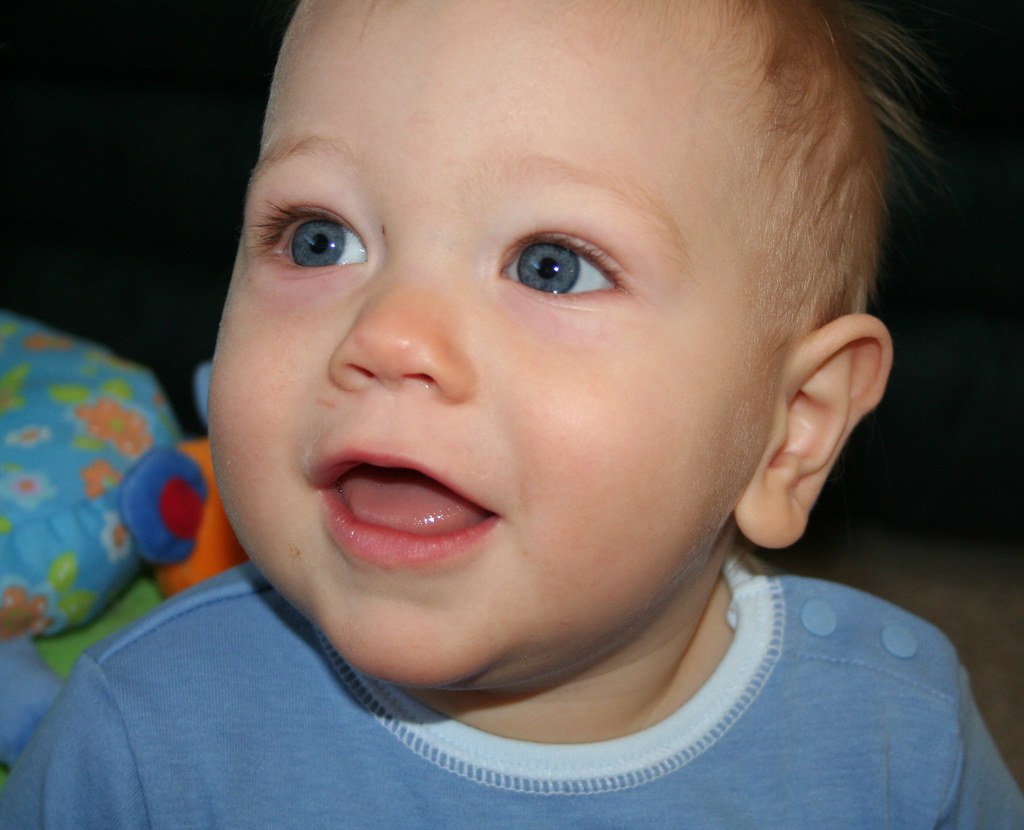
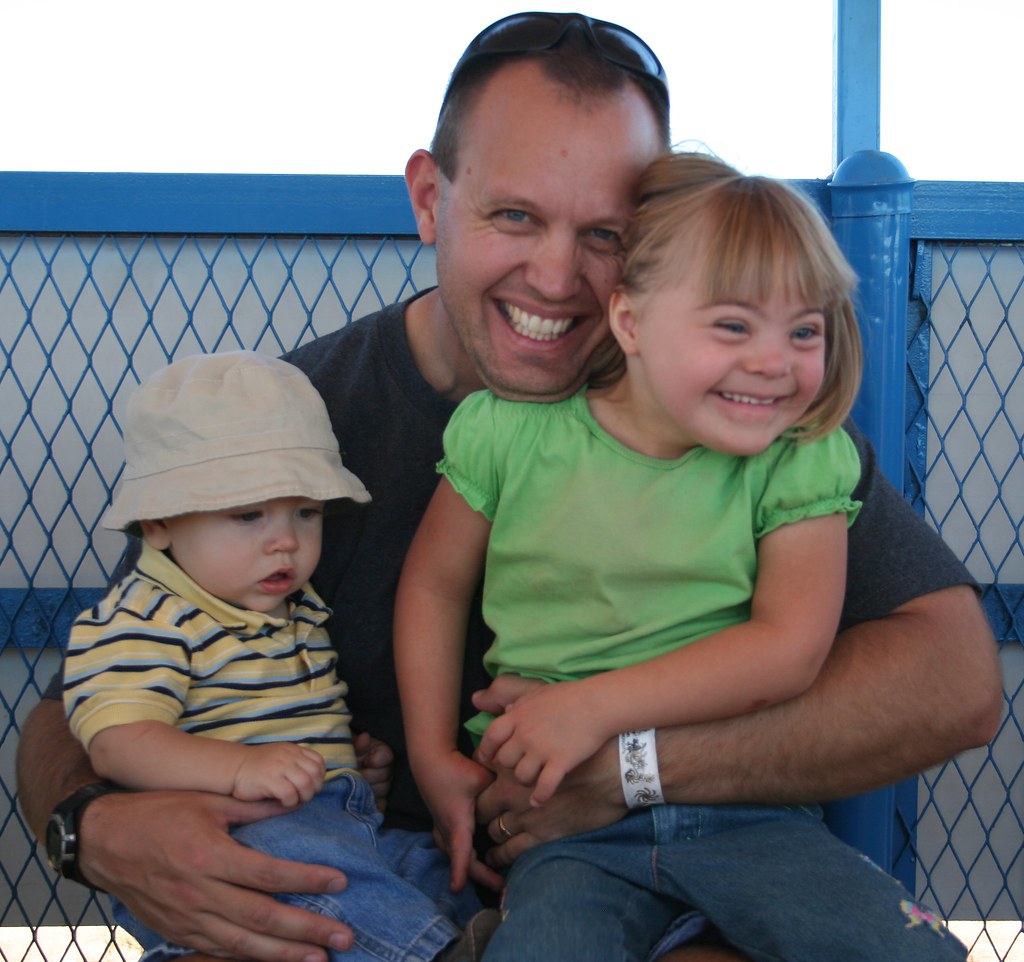
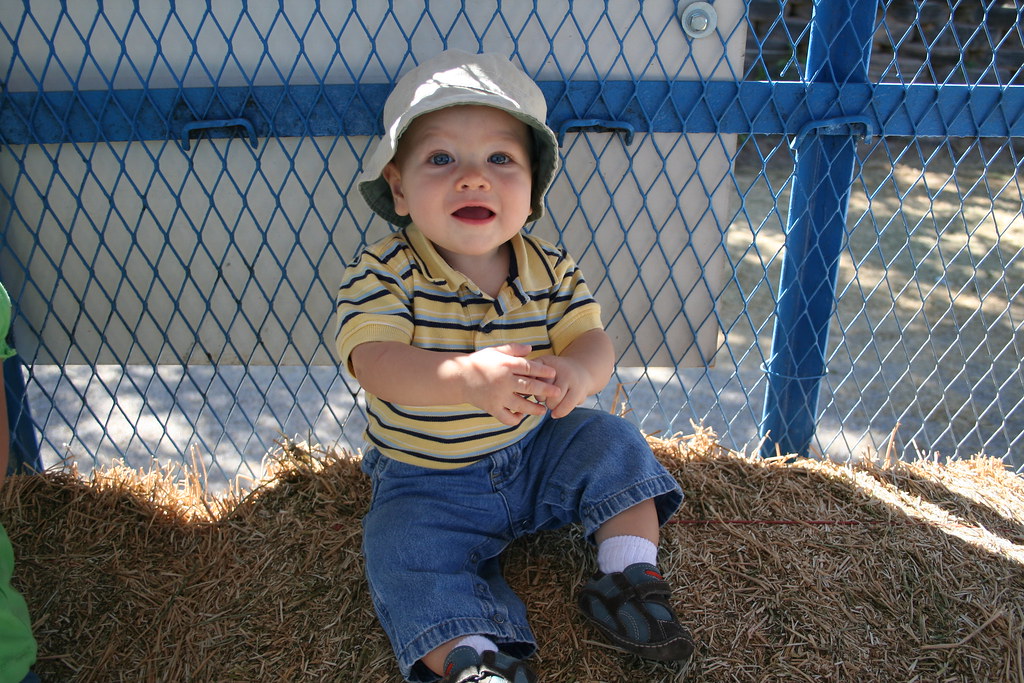

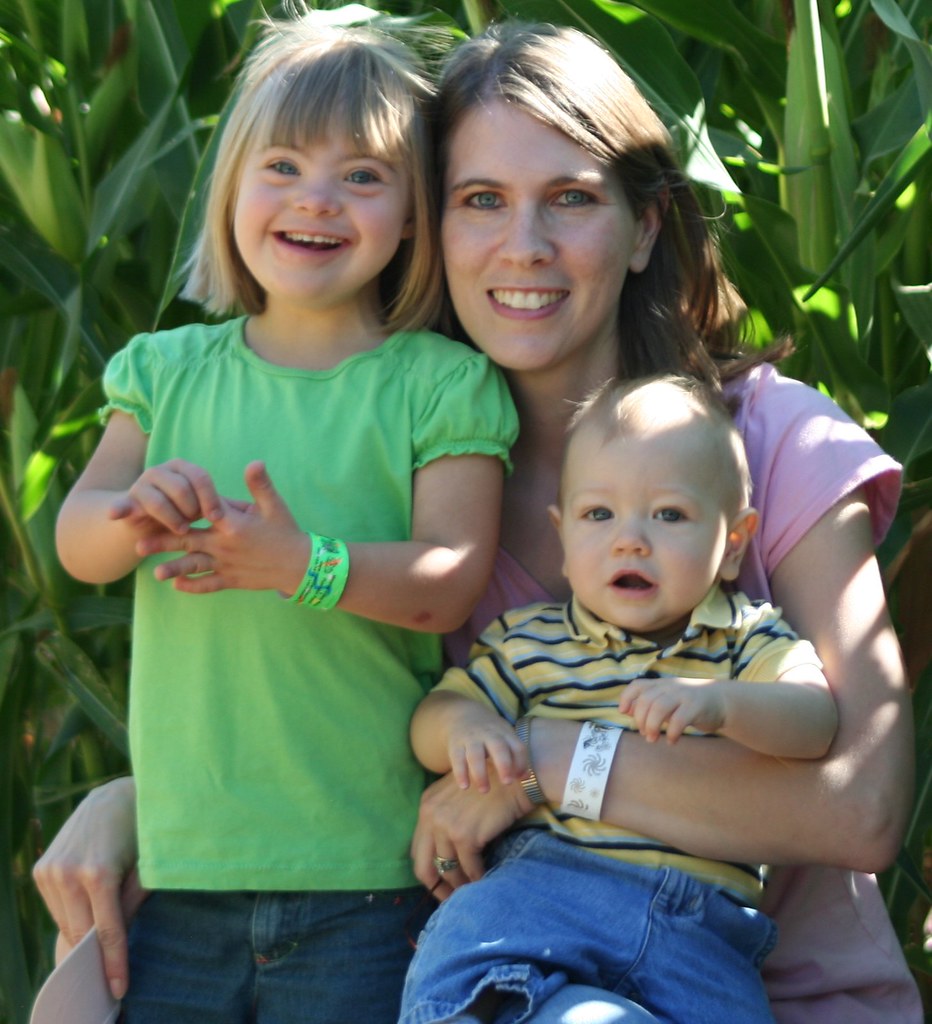
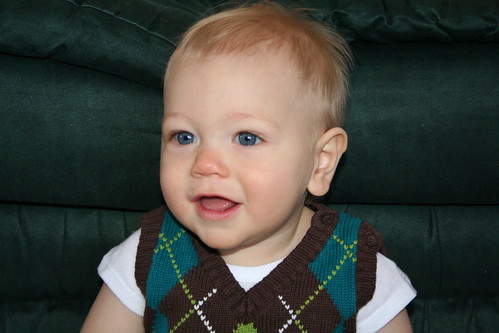

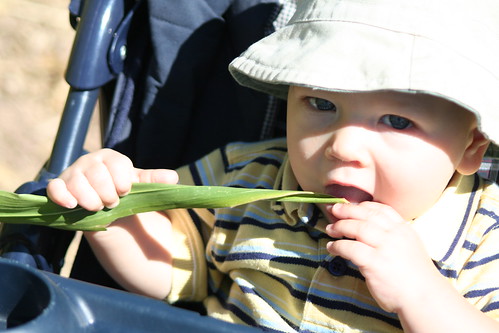
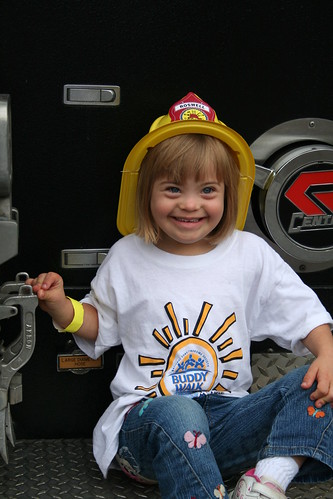
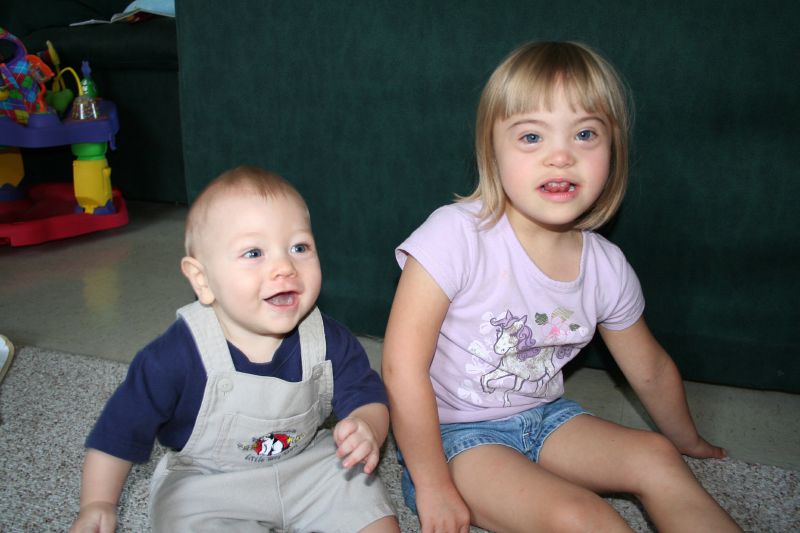
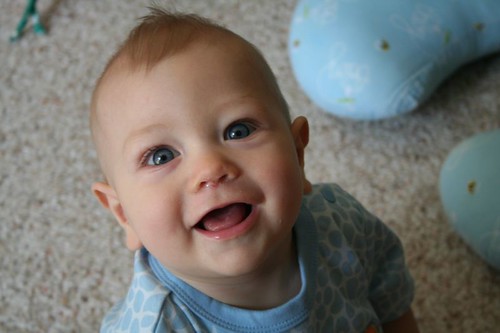
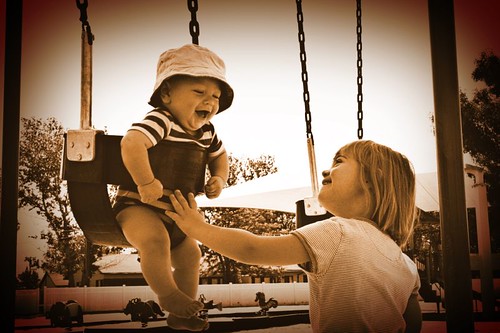
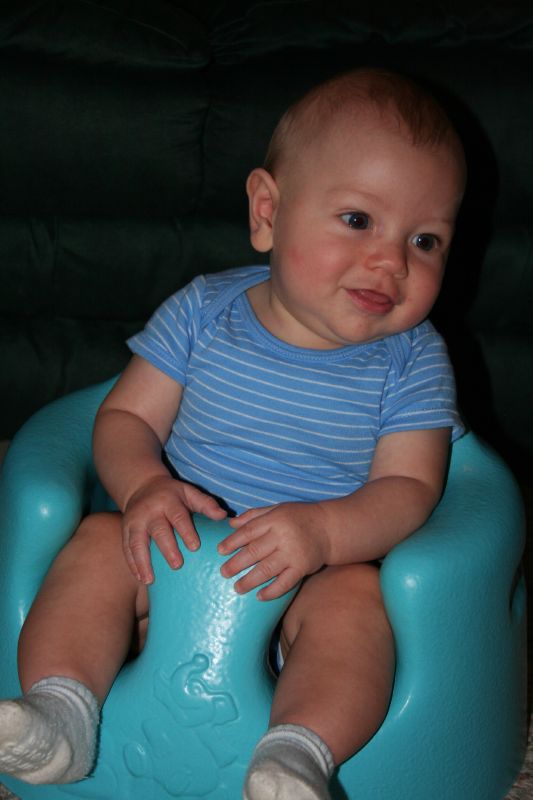
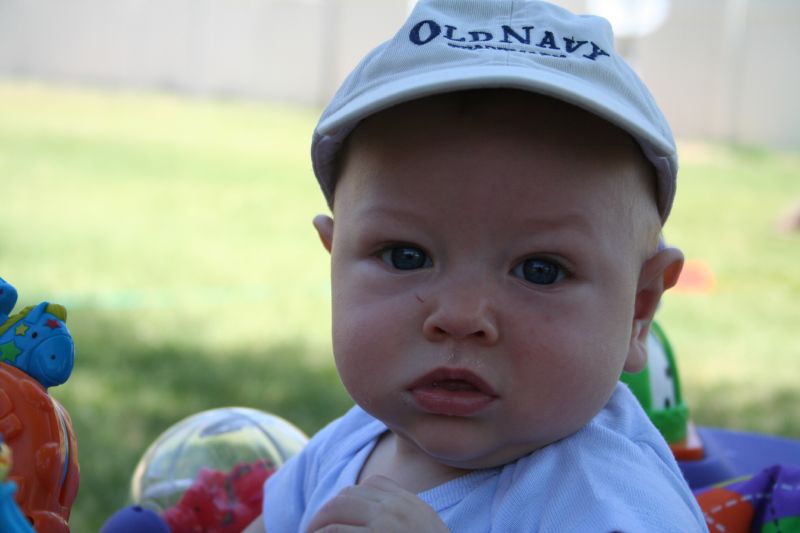
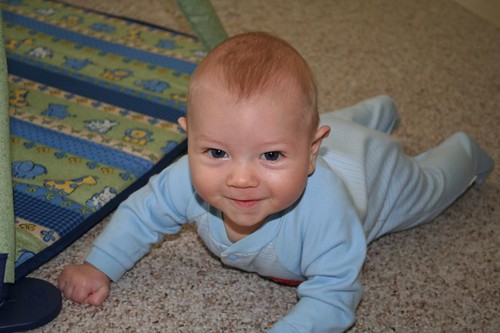
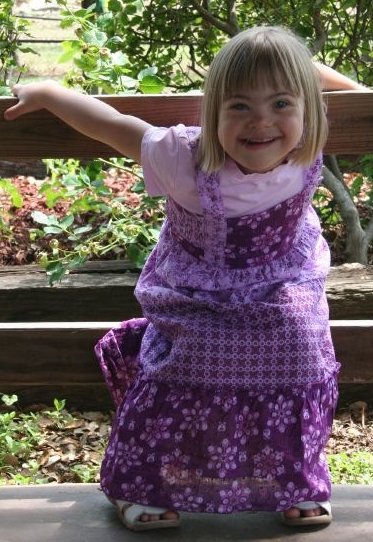
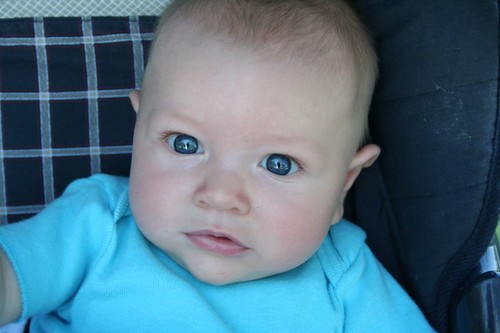
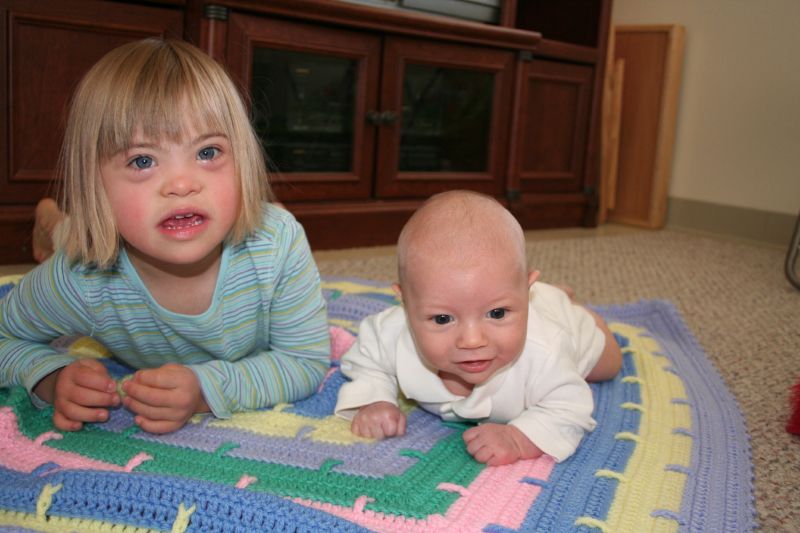
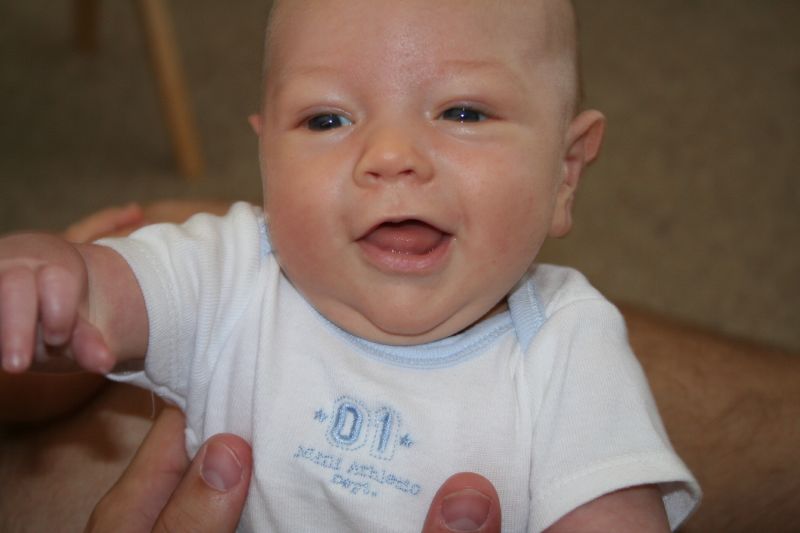
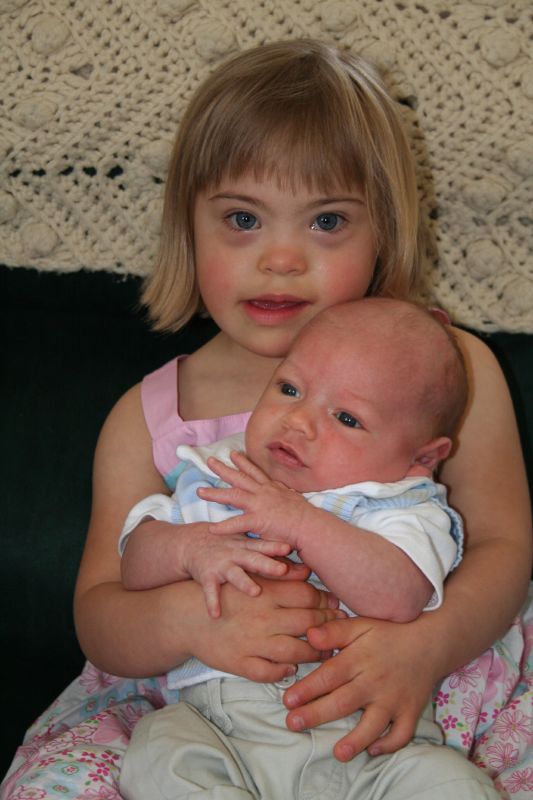
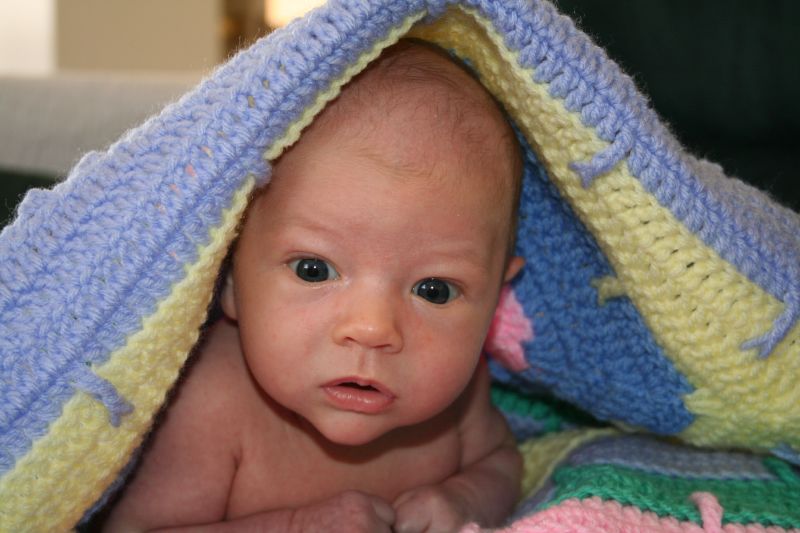
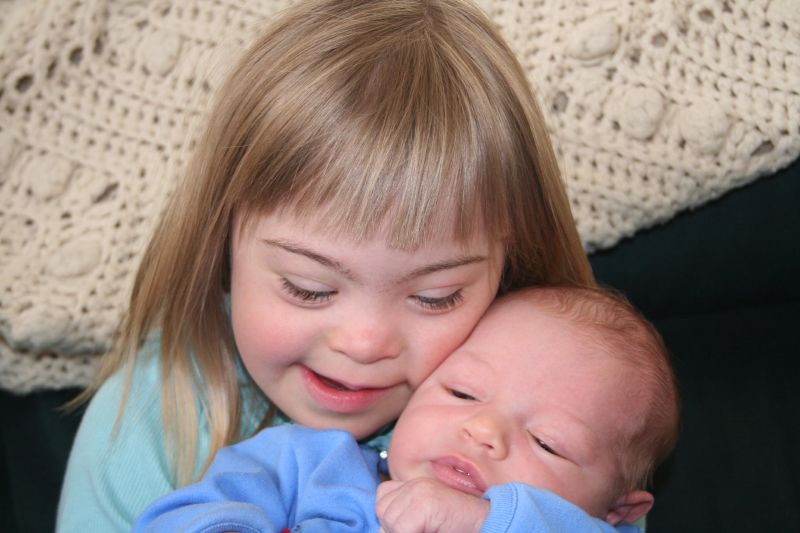
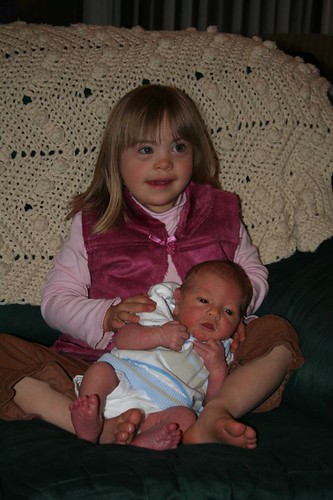
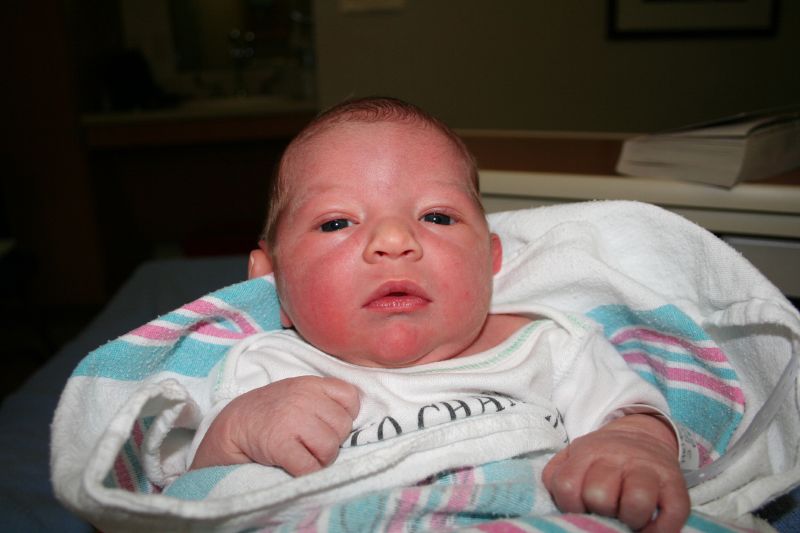
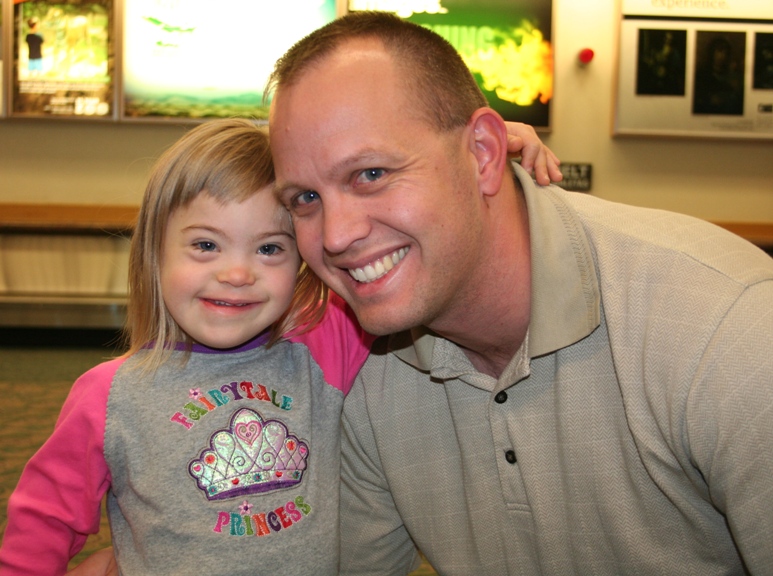
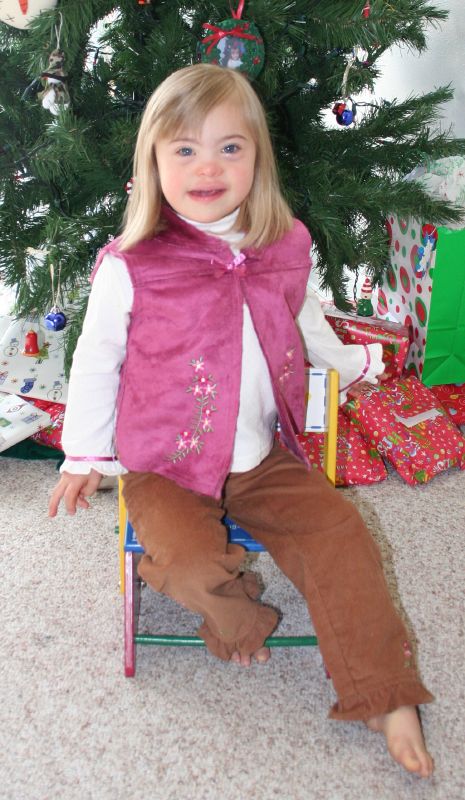
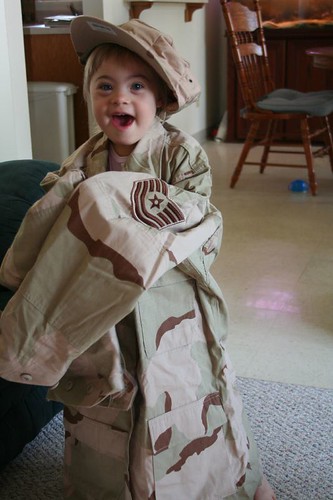
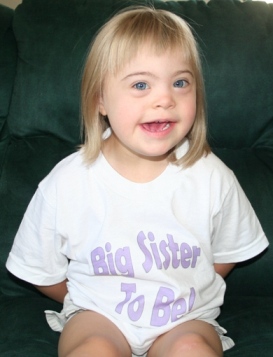
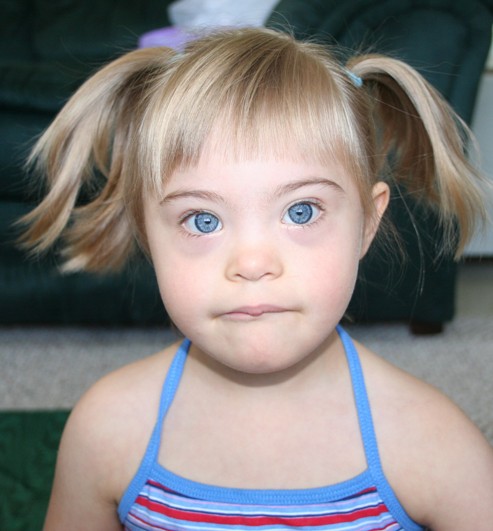
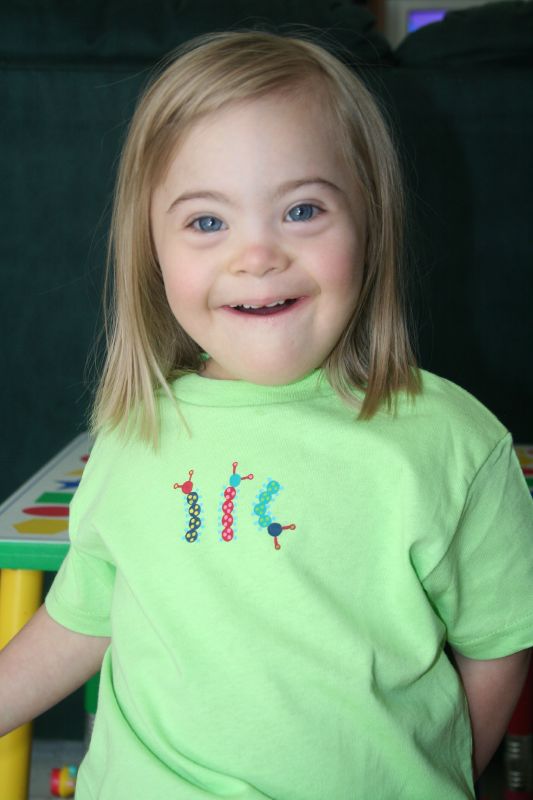
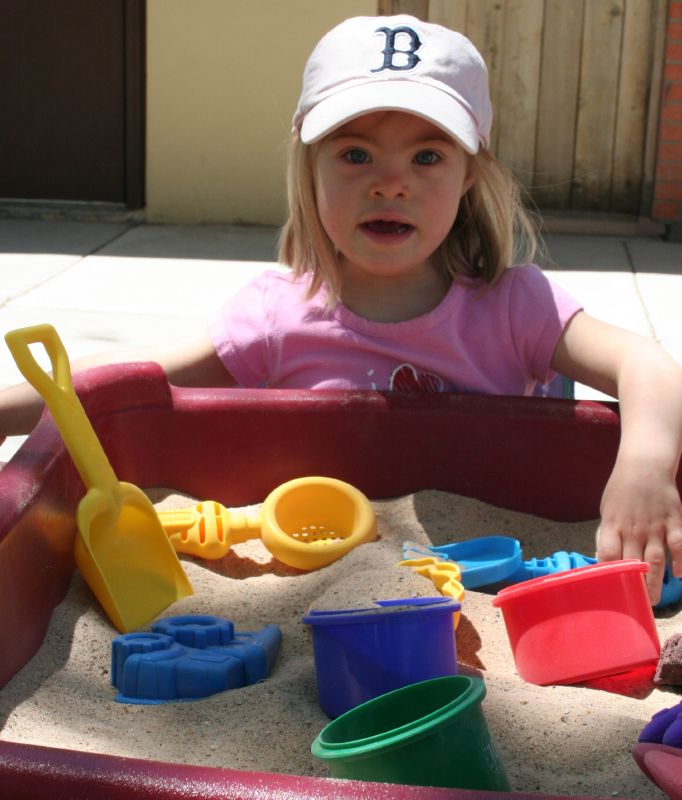
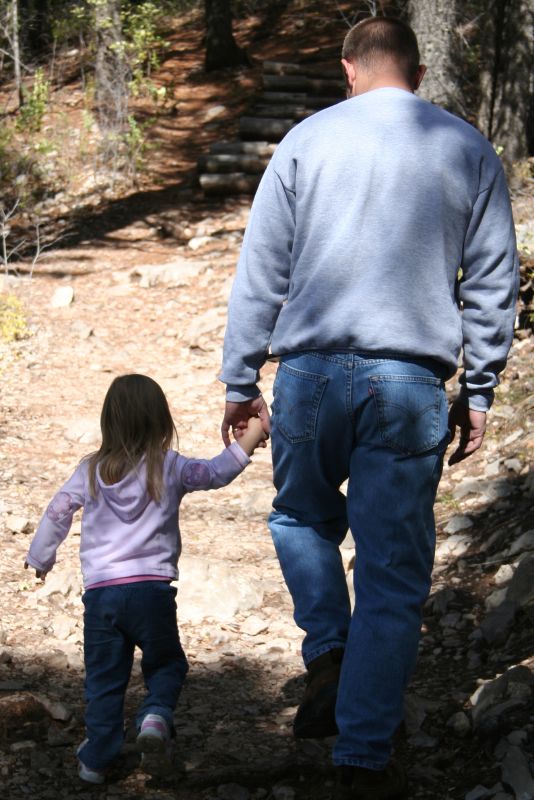

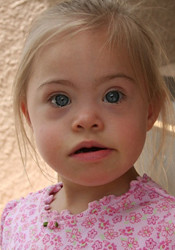
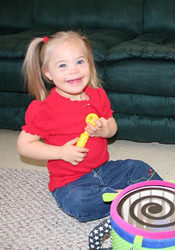



8 comments:
so true. Love mom
Bingo! And frankly the only thing I would say is "Kayla IS awesome!"
Well said! And from what I've learned about Kayla from following your blog, I would add that Kayla has a killer smile :)
So true, as with so many things it takes time. Even our new special Ed Director said "My son is ADD"... We chose not to point this out, as we are just glad to have a director for Special Ed...but, we will be GREAT examples of using "person first" language. Be a great example and keep your expectations high!
I always catch myself with the "autistic" adjective and replace it with "so-and-so *has* autism." But I find it so hard to understand, though, because the parents of the children with autism call their kids "autistic." Not sure if they're just less sensitive to this kind of stuff, or if there's some reason for it, but it still bothers me.
THANK YOU!
Exactly.
Shared on https://www.facebook.com/DownWitDat
I am autistic. I prefer to refer to myself as autistic because it is a part of me like being Japanese-American. I tend to use person-first and ID first as the situation calls for them. To me, it's like saying "flutist" vs. "flute player". A flutist is someone dedicated specifically to that instrument while a flute player is someone who isn't quite committed to that instrument for various reasons.
Post a Comment